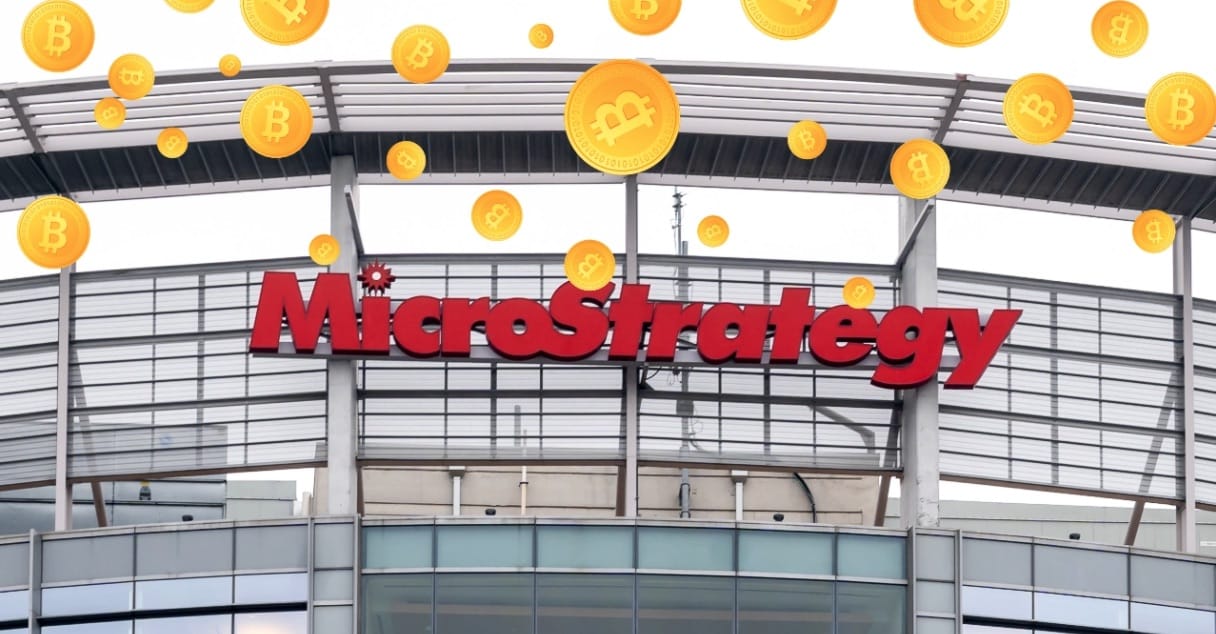The US Securities and Exchange Commission (SEC) has drawn harsh criticism from Ripple executives following its decision to amend its lawsuit against Binance. The SEC’s amended lawsuit against Binance focuses on several crypto assets that it considers to be securities, which has led to debates about regulatory clarity and consistency within the industry.
Ripple’s stance on SEC regulatory action
Ripple executives have not held back their dissatisfaction with the SEC’s regulatory approach, especially in light of the recent amendment to the lawsuit against Binance. The amended lawsuit lists “third party crypto assets securities,” including SOL, ADA, and SAND. This move follows the SEC’s lawsuit against Binance Holdings and its former CEO , Changpeng Zhao, alleging various violations such as misleading customers and operating as an unregistered exchange. Stuart Alderoty, Ripple’s Chief Legal Officer, criticized the SEC’s inconsistency on X (formerly Twitter). He pointed out the contradictions in the agency’s regulatory stance.
When a judge signals B.S. on the SEC’s claim that 10 tokens on Binance are securities, the SEC says “never mind.” But these tokens are left out to dry in the Coinbase suit. This isn’t how to regulate. https://t.co/xtfLdXWoO8
— Stuart Alderoty (@s_alderoty) July 30, 2024
He pointed out that while the SEC has retracted its claim that ten tokens on Binance were securities, it has maintained them as securities in its case against Coinbase.
“When a judge signals B.S. on the SEC’s claim that 10 tokens on Binance are securities, the SEC says “never mind.”,'” Alderoty wrote.
“But these tokens are being left out to dry in the Coinbase suit. That’s not how you regulate.”
Ripple CEO Brad Garlinghouse echoed this sentiment, calling the amended Binance lawsuit “hypocrisy,” arguing that SEC Chairman Gary Gensler’s statements about clear rules stand in stark contrast to the agency’s inconsistent enforcement.
More evidence of SEC hypocrisy.
Chair Gensler testifies the rules are clear, yet his SEC can't figure them out and applies them haphazardly, festering more industry confusion.
A political agenda and/or bad faith litigation tactics. Def not a “faithful allegiance to the law". https://t.co/iX8IdvaW92
— Brad Garlinghouse (@bgarlinghouse) July 30, 2024
“Chair Gensler testifies the rules are clear, yet his SEC can’t figure them out and applies them haphazardly, festering more industry confusion,” Garlinghouse tweeted.
This criticism comes amid Ripple’s ongoing litigation with the SEC , which accused the company of raising $1.3 billion by selling XRP, which the SEC also claimed was an unregistered security.
A decision by Judge Analisa Torres last year partially vindicated Ripple, finding that some XRP sales did not violate securities laws due to the nature of the transactions,
while other sales to institutional investors were classified as securities.
A possible end to the SEC’s “never-ending securities war”
The SEC’s recent actions affected various companies and caused last-minute excitement in the market. Justin Slaughter, Policy Director at Paradigm, suspects that the SEC’s retreat in the Binance case could be a strategic move to avoid further unfavorable decisions.
Basically, the judge was signaling she was likely to find that the tokens were all not securities at all times, which is what the SEC is seeking.
So rather than take another bad loss on the beware of their approach, they’re backing down.
— Justin Slaughter (@JBSDC) July 30, 2024
He noted that the judge in the Binance case suggested that the tokens are likely not securities, prompting the SEC to change its stance.
“So rather than take another bad loss on the beware of their approach, they’re backing down.,” Slaughter said.
However, he stressed that this retreat seems to be limited to the Binance case, with no similar signs in the ongoing Coinbase case.
Last year, the agency sued Coinbase for operating as an unregistered exchange , broker, and clearing agency , claiming that numerous cryptocurrencies, such as SOL, ADA, and MATIC, are securities.
Ripple executives argue that the SEC’s inconsistent and unclear regulatory framework is hindering the industry’s growth and causing confusion.
Garlinghouse’s criticism can be seen as a reflection of the industry’s broader concern that the SEC’s approach lacks transparency and consistency, particularly under Chairman Gensler, whom the community detests.
The SEC’s intention to amend its lawsuit against Binance could mean a brief respite for investors in Solana, Cardano, Polygon, etc. The motion to amend must be filed within 30 days of the court order.
Notably, Ripple was not mentioned in the statement. Ripple remains in litigation with the SEC over allegations of selling unregistered securities.






















